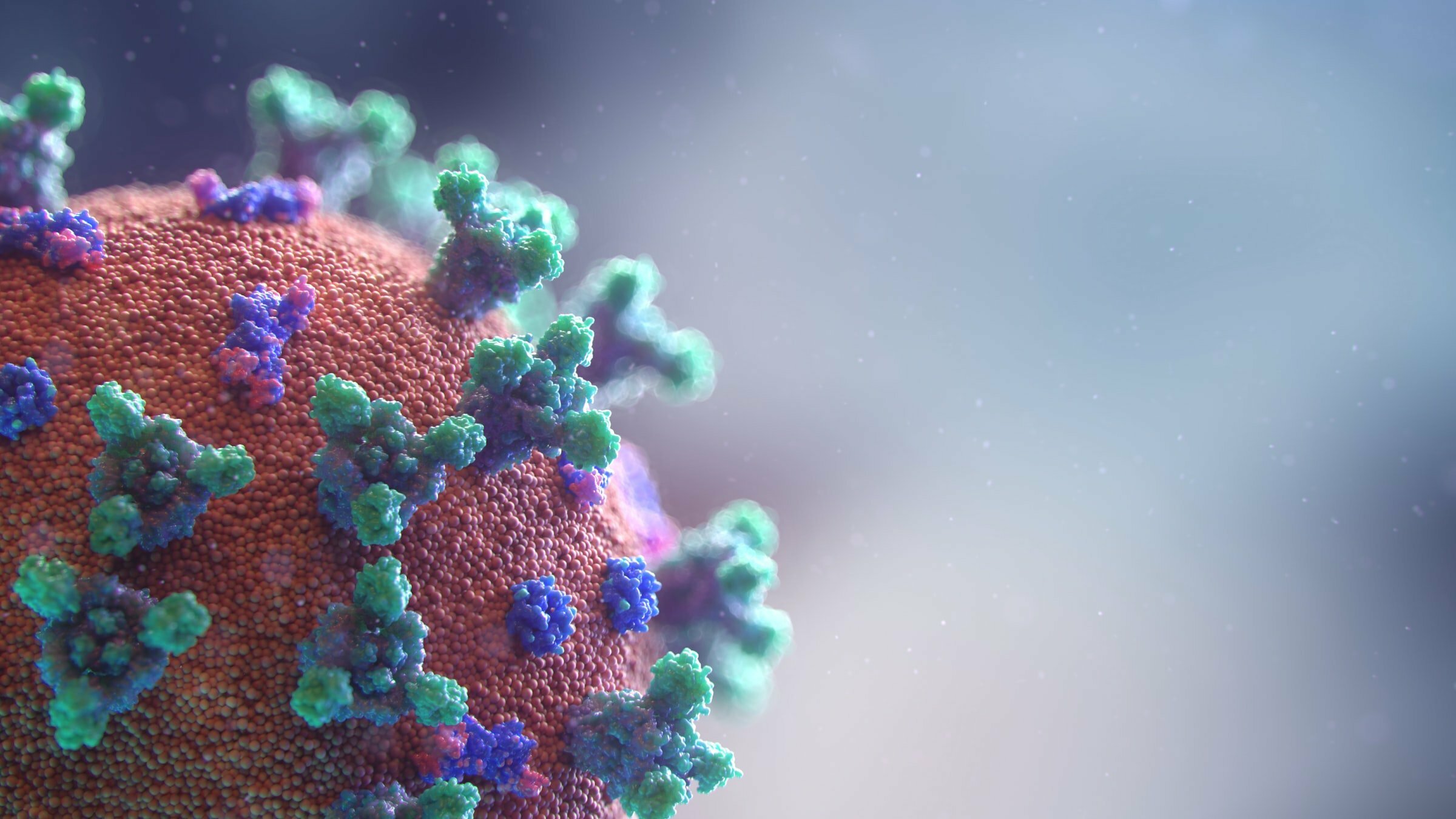——— March 09, 2023 | Science News
New COVID-19 variants continue to emerge
Since the emergence of the SARS-CoV-2 virus in late 2019, the world has been grappling with the COVID-19 pandemic. While efforts to develop and distribute effective vaccines have been successful, the virus continues to evolve, and new variants are emerging. These variants have raised concerns among scientists and policymakers due to their potential for increased transmissibility and reduced vaccine efficacy. In this report, we will explore the emergence of new COVID-19 variants and their potential impact on the ongoing pandemic.
——— Recent Articles
The SARS-CoV-2 virus is an RNA virus, which means that it has a high mutation rate. As the virus replicates and spreads, it can accumulate mutations in its genome. Most of these mutations are harmless, but some can lead to changes in the virus’s behavior, such as increased transmissibility or reduced susceptibility to antibodies. Variants of the virus can arise when these mutations accumulate to a significant degree. One of the first variants of the SARS-CoV-2 virus to attract attention was the B.1.1.7 variant, also known as the UK variant. This variant was first identified in the United Kingdom in December 2020 and has since spread to many countries worldwide. The B.1.1.7 variant is estimated to be around 50% more transmissible than the original strain of the virus and may be associated with a higher risk of hospitalization and death. Since the emergence of the B.1.1.7 variant, several other variants have been identified, including the B.1.351 variant (first identified in South Africa), the P.1 variant (first identified in Brazil), and the Delta variant (first identified in India). These variants share some common mutations, but they also have unique mutations that differentiate them from the original strain of the virus. The emergence of new variants has raised concerns that the virus may be able to evade the immune response generated by current vaccines or natural infection. This could potentially lead to increased morbidity and mortality from COVID-19, as well as a prolonged pandemic.
The emergence of new variants is not unexpected, given the high mutation rate of the SARS-CoV-2 virus. However, the rapid emergence and global spread of these variants have highlighted the need for ongoing surveillance and genomic sequencing to monitor the evolution of the virus. This will allow scientists and policymakers to quickly identify new variants and assess their potential impact on the pandemic. One of the key concerns with new variants is their potential to reduce the effectiveness of current vaccines. While studies have shown that current vaccines provide some protection against most variants, there is evidence that some variants may be less susceptible to vaccine-induced immunity. For example, a study published in the New England Journal of Medicine in February 2021 found that the AstraZeneca vaccine had reduced efficacy against the B.1.351 variant. Other studies have shown that the Pfizer-BioNTech and Moderna vaccines retain their efficacy against most variants, although there may be some reduction in efficacy against the Delta variant. Another concern with new variants is their potential to cause more severe disease or to be more transmissible. The B.1.1.7 and Delta variants are both associated with increased transmissibility, which has contributed to their rapid spread worldwide. While there is some evidence that the Delta variant may cause more severe disease than earlier variants, more research is needed to confirm this. In addition to the B.1.1.7, B.1.351, P.1, and Delta variants, several other variants have been identified, including the Lambda variant (first identified in Peru) and the Mu variant (first identified in Colombia). These variants have not yet been associated with significant increases in transmissibility or vaccine escape, but they are being closely monitored by scientists and health officials. Efforts to mitigate the impact of new variants include ongoing surveillance, genomic sequencing, and vaccine development. Scientists are working to develop booster shots and updated vaccines that can provide better protection against new variants. Pharmaceutical companies are also exploring new treatments, such as monoclonal antibodies, that can be used to treat people who are infected with COVID-19. In addition to vaccine development and treatment, public health measures such as mask-wearing, social distancing, and hand hygiene remain important tools in the fight against COVID-19. These measures can help to slow the spread of the virus and reduce the likelihood of new variants emerging.
The emergence of new COVID-19 variants is a reminder that the pandemic is far from over. Ongoing surveillance and genomic sequencing are critical to identifying new variants and assessing their potential impact on the pandemic. Efforts to develop and distribute effective vaccines and treatments remain essential, as does the continued use of public health measures to slow the spread of the virus. As the world continues to grapple with the pandemic, it is important to remain vigilant and adaptable. The emergence of new variants underscores the need for ongoing research, collaboration, and innovation in the fight against COVID-19. By working together, we can mitigate the impact of new variants and bring an end to this devastating pandemic.


